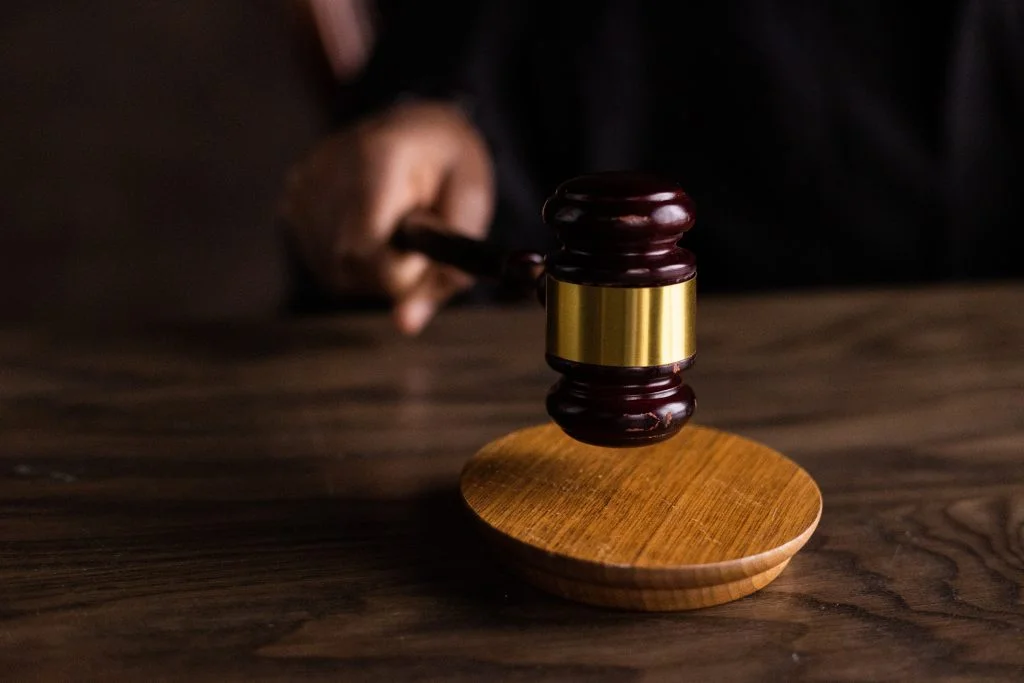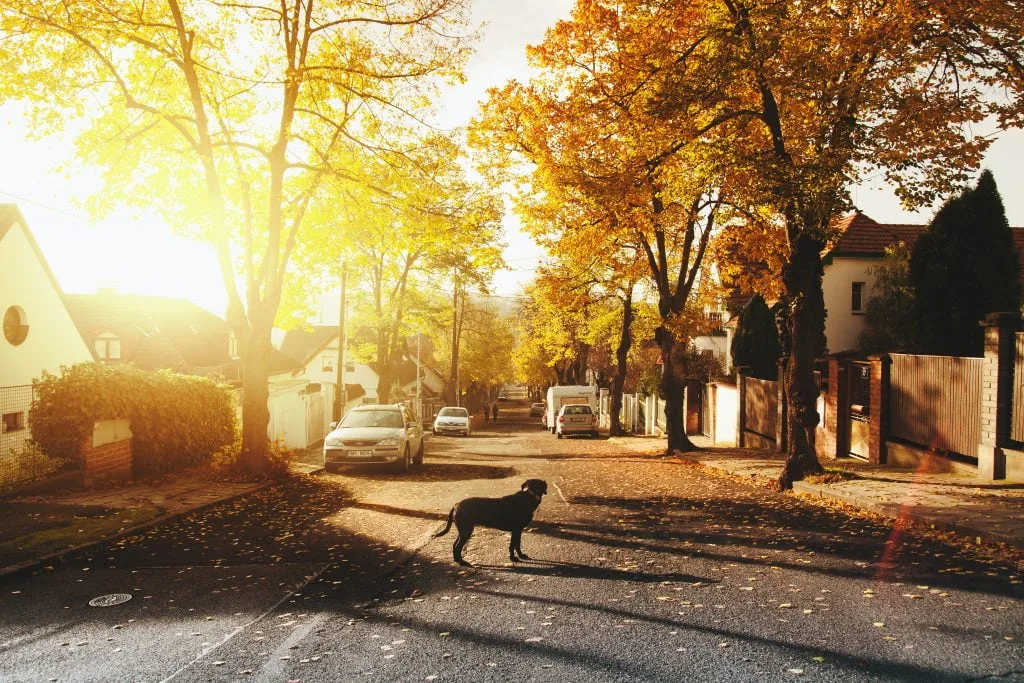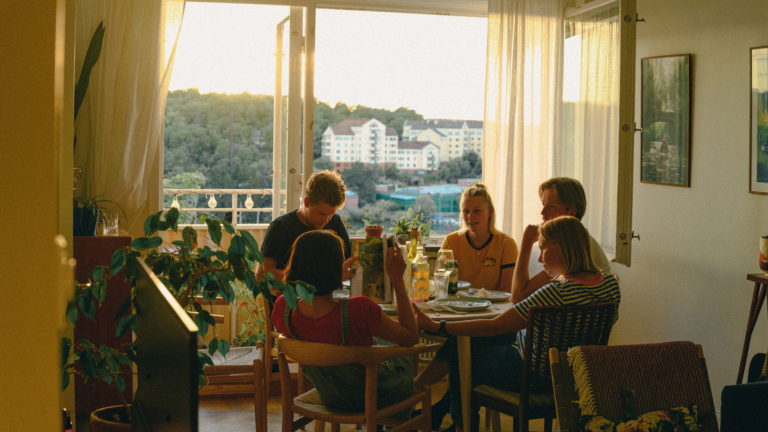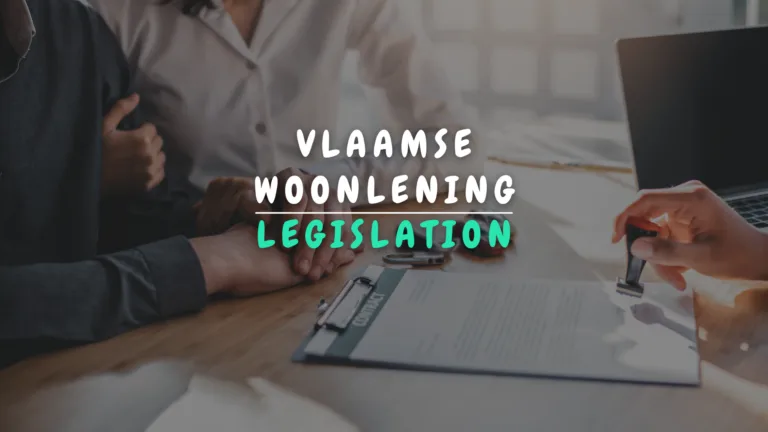A good relationship with your neighbors is invaluable for a pleasant life in your neighborhood. Unfortunately, sometimes situations can arise in which disagreements escalate into full-fledged neighborhood squabbles. Know that there are ways to address and resolve such conflicts without escalating into a legal battle. In this blog post, we discuss what you can do yourself and what legal steps you can follow in Belgium in the event of a neighbor dispute.
What can you do yourself in a neighbor dispute?
It all starts with talking. Often arguments arise from misunderstandings or lack of communication. Have an open and honest conversation with your neighbors to try to understand the problem and discuss possible solutions. Try to remain calm and listen to their point of view. It is important that you do not get angry and are also willing to make adjustments yourself so that you can resolve the conflict together.
If direct communication is not possible or does not lead to a solution, consider bringing in an impartial third party, such as a mediator or conciliator. This professional can help improve communication and guide both parties to an agreement.
What you can also do when frustrations persist is to keep a log. Make notes of incidents and correspondence related to the neighbor dispute. Record the date, time and what just happened or was said. If possible, gather evidence (photos, screenshots or videos). Be careful not to violate privacy laws in doing so! Keeping a log can be useful if you need to take legal action later.

When is it best to step to the police?
If a conversation (with or without a mediator) has no effect and the arguments persist, you may want to consider taking legal action. Here are some steps you can follow:
Municipal rules and regulations
Check local municipal rules and ordinances, as sometimes they may contain specific rules regarding noise pollution, building violations and other issues that may be relevant to your neighbor dispute.
Complaint to local police
ls the situation is serious, you can file a complaint with the local police. They can investigate the matter and possibly take legal action if there are criminal offenses, such as threats, noise pollution, or other violations.
Neighborhood Mediation
A neighborhood mediation service is available in some Belgian municipalities (for example, Ghent, Antwerp or Mechelen). This service can help resolve conflicts between neighbors through mediation and consultation. So be sure to check with your municipality to see if you can call on this service.
Justice of the Peace
If other methods do not work, you can contact the justice of the peace in your municipality (often clustered in a judicial district). The justice of the peace can initiate court proceedings to resolve the dispute. However, this can be costly and time-consuming, so this should be the very last step toward resolution. Before you go to the justice of the peace, for example, you can seek legal advice from a lawyer. A lawyer can guide you through the procedure to follow and help you understand your rights. However, also keep in mind that this can be a costly procedure.

Common causes of neighbor disputes
Perhaps you recognize your situation in this list of common reasons why things don’t work out (for a while) between neighbors:
- Noise or neighborly noise, such as loud parties, music, barking dogs or construction work. This is the most common cause of neighbor disputes.
- Conflicts over property boundaries, fences, trees or shrubs growing over the property line.
- Problems with pets, such as dogs constantly barking, cats digging in gardens or allergic reactions to pets.
- Disagreements over parking spaces, including blocking driveways or impounding public parking spaces.
- Conflicts over trash disposal, such as failure to take out trash cans on time or dumping trash on someone else’s property.
- Invasion of privacy, such as peeping neighbors, cameras pointed at other people’s property or lack of privacy screens.
- Disputes over building violations, such as building a structure that obstructs a neighbor’s view or privacy.
- In apartment complexes or adjoining homes, disputes may arise over the use or maintenance of common areas, such as hallways, stairwells or gardens.
- Activities such as barbecues, parties or even smoking can cause neighbor quarrels if they are perceived as a nuisance.
- Environmental related problems such as pollution of water sources, cutting down of trees or use of chemicals in the neighborhood.
Tips to prevent neighbor quarrels
It is always better to prevent neighbor quarrels than to have to resolve them. Here are some tips to maintain a good relationship with your neighbors:
- Be friendly and polite. A simple greeting or smile can go a long way to maintaining a positive atmosphere.
- Respect each other’s privacy. Avoid curiosity and respect your neighbors’ personal space.
- Communicate in a timely manner. If a problem arises, discuss it as soon as possible before it escalates.
- Follow local rules. Comply with local laws and regulations regarding noise, construction projects and other potential sources of conflict.

A neighbor dispute can be stressful, but it is important to remember that there are both self-help measures and legal steps you can take to resolve the conflict. In extreme cases, a neighbor dispute comes to an end when one of the two parties moves out. Hopefully, a good conversation will help, but if necessary, you can certainly seek professional legal advice to stop the neighbor dispute.






